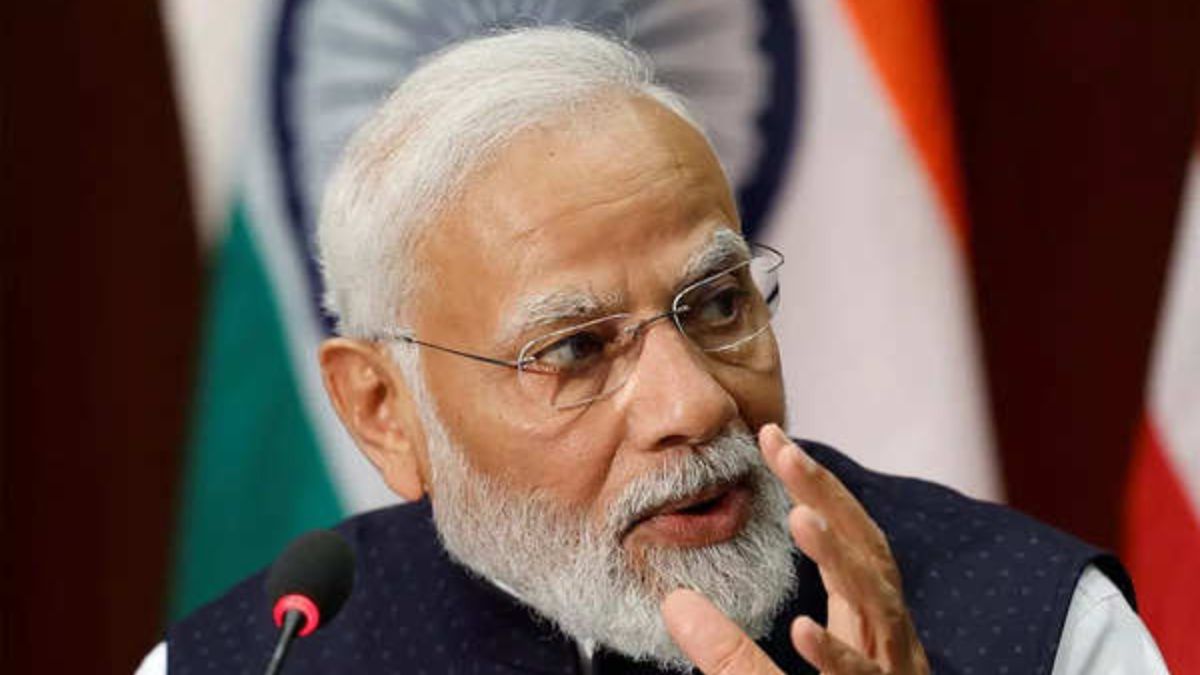In response to a series of overseas fatalities associated with drugs manufactured in India since 2022, the Indian government has mandated that pharmaceutical companies adhere to new manufacturing standards this year. Despite requests for a delay from small companies citing their financial burdens, a government notification released on Saturday outlines the stringent requirements.
The notification, dated December 28, emphasizes that manufacturers must assume responsibility for the quality of pharmaceutical products to ensure their fitness for intended use. The move is part of Prime Minister Narendra Modi’s government’s efforts to enhance scrutiny of pharmaceutical factories and improve the image of the $50 billion industry.
According to the notification, companies can only market a finished product after obtaining “satisfactory results” from tests on ingredients. They are also required to retain an adequate quantity of samples from intermediate and final products for potential retesting or batch verification.
Citing findings from inspections conducted on 162 drug factories since December 2022, the health ministry reported an “absence of testing of incoming raw materials” in August. Additionally, it revealed that fewer than 25% of India’s 8,500 small drug factories met the international drug manufacturing standards set by the World Health Organization (WHO).
The notification stipulates that large drug manufacturers must address these concerns within six months, while small manufacturers are given a 12-month deadline. However, small companies have requested an extension, cautioning that meeting the standards would force the closure of nearly half of them due to their existing heavy indebtedness.
The World Health Organization (WHO) and other health authorities have linked Indian cough syrups to the deaths of at least 141 children in Gambia, Uzbekistan, and Cameroon. The government’s intensified focus on pharmaceutical factory inspections aims to rectify these issues and restore confidence in the industry’s products.




